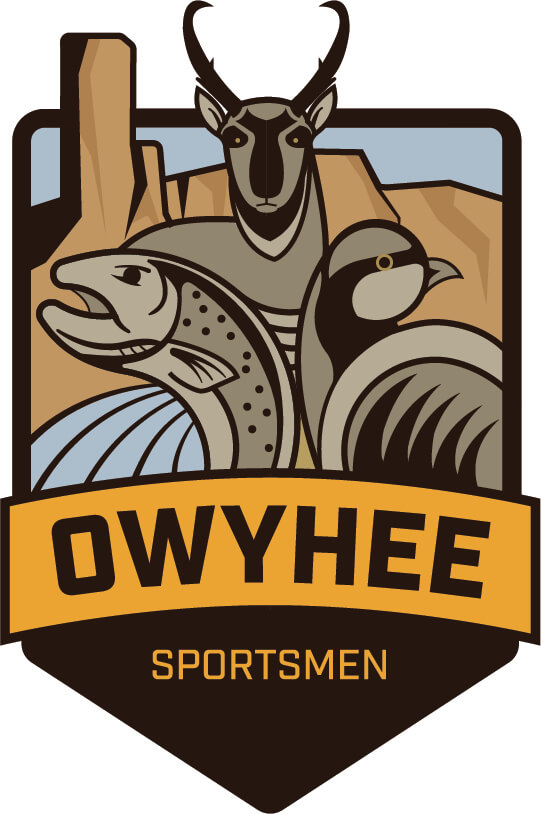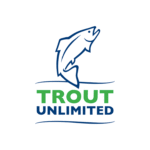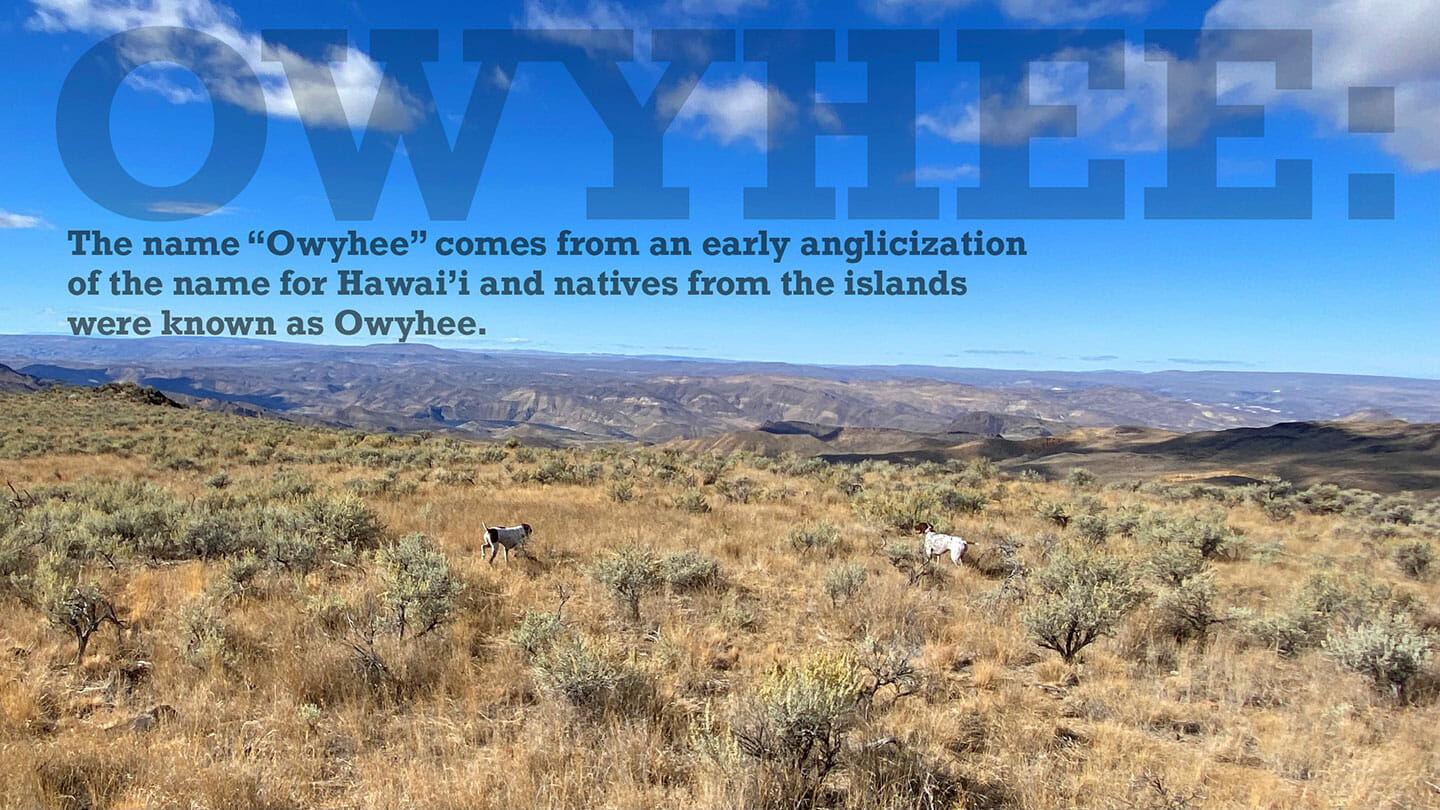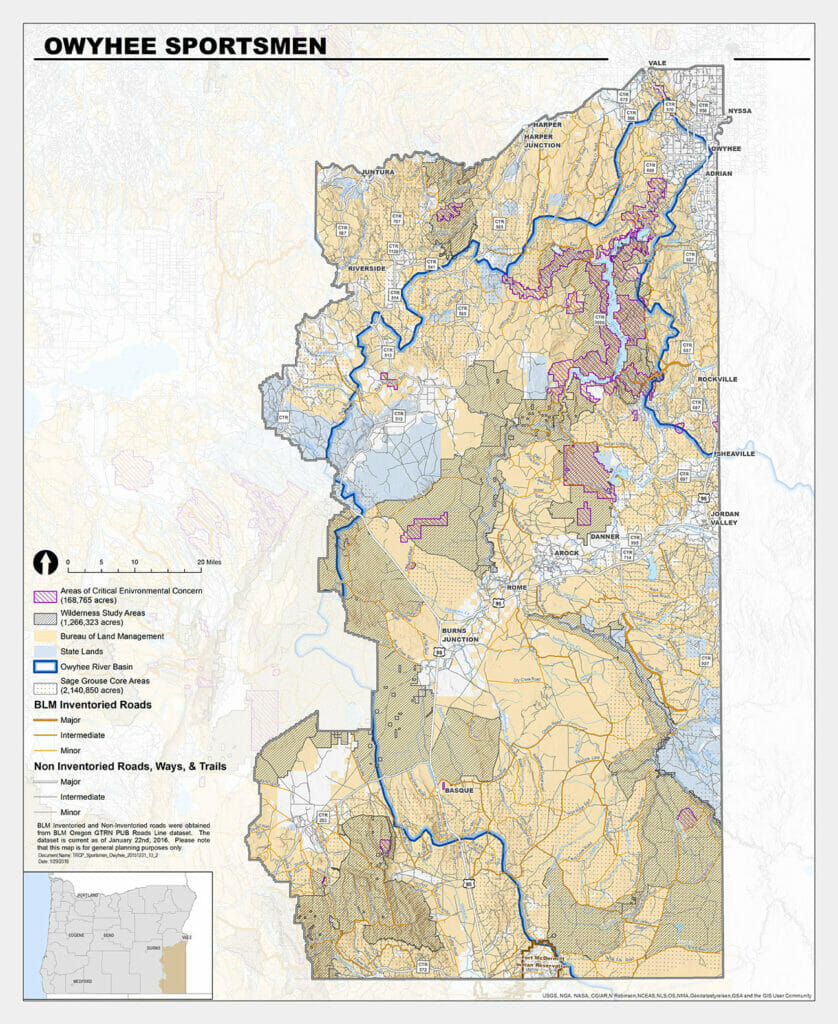The name “Owyhee” comes from an early anglicization of the name for Hawai’i and natives from the islands were known as Owyhee. In 1819, three Owyhee joined Donald Mackenzie’s Snake expedition, which went out annually into the Snake country for the North West Company. The three Hawaiians left the main party during the winter of 1819-20 to explore the then unknown terrain of what since has been called the Owyhee River and mountains. They disappeared and were presumed dead; no further information regarding their whereabouts has been found. In memory of these Native Hawaiians, British fur trappers started to call the region “Owyhee” and the name stuck.
By Michael Gibson
Arguments over land management in the West are as old as the place itself. But in one corner of this endless sagebrush, progress is being made to find compromise to the benefit of all.

The Owyhees are a unique ecosystem that share ownership with three states: Oregon, Idaho and Nevada. But like all desert sagebrush steppe, it is a fragile landscape. Fires, and the invasive grasses that follow, can have a devastating effect on everything from big game to game birds to fish. Illegal off-road use can leave scars that last for generations.
Balancing traditional grazing interests with hunting, fishing and motorized recreation is no easy task.
By far the biggest chunk of “Owyhee Country” is in Oregon and for years local stakeholders and conservation interests have argued over how best to manage this land. Balancing traditional grazing interests with hunting, fishing and motorized recreation is no easy task. The Bureau of Land Management, the largest landowner in the Owyhee, has tried. Large chunks of Wilderness Study Areas have been designated. WSAs, as the jargon goes, are a sort of bureaucratic limbo, not wilderness, but not multiple-use, leaving everyone uncertain of their future management.
Sen. Ron Wyden (D-OR) has worked with others in his delegation as well as local stakeholders to hammer out a compromise piece of legislation that would clarify future management of the area’s most important places. The Malheur Community Empowerment for the Owyhee Act, as it was known in the last Congress, would designate around a million acres of the Owyhees as wilderness while releasing an equal amount for multiple use.
The legislation would also provide funding to Malheur County for economic development projects. Trout Unlimited is engaging with numerous other sporting organizations so that voices of hunters and anglers are heard. Find out more about the campaign at owyheesportsmen.org.




